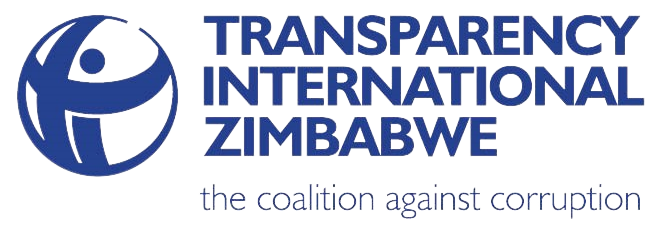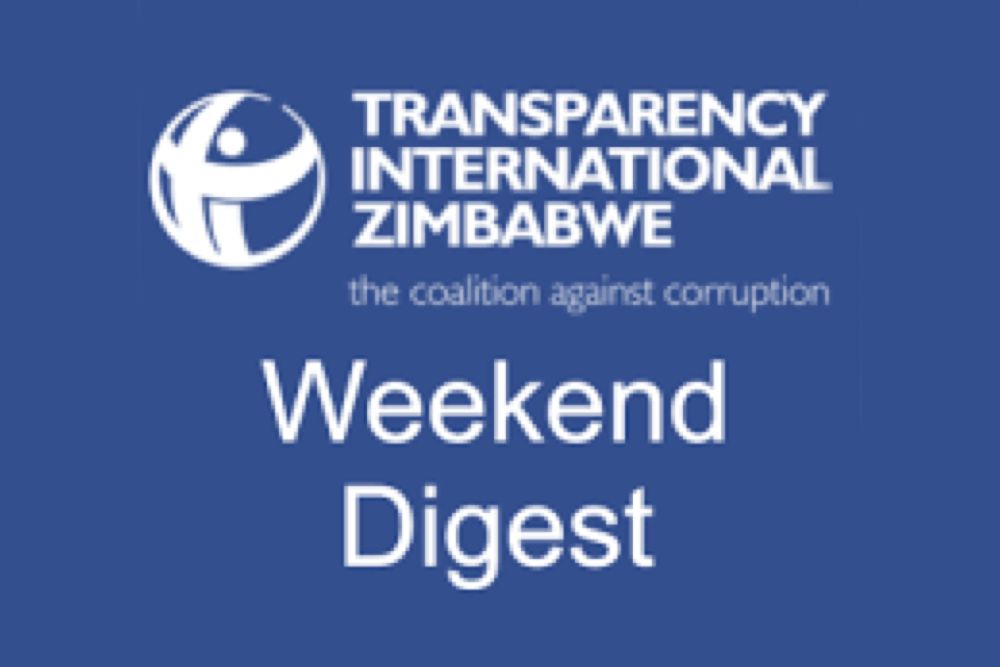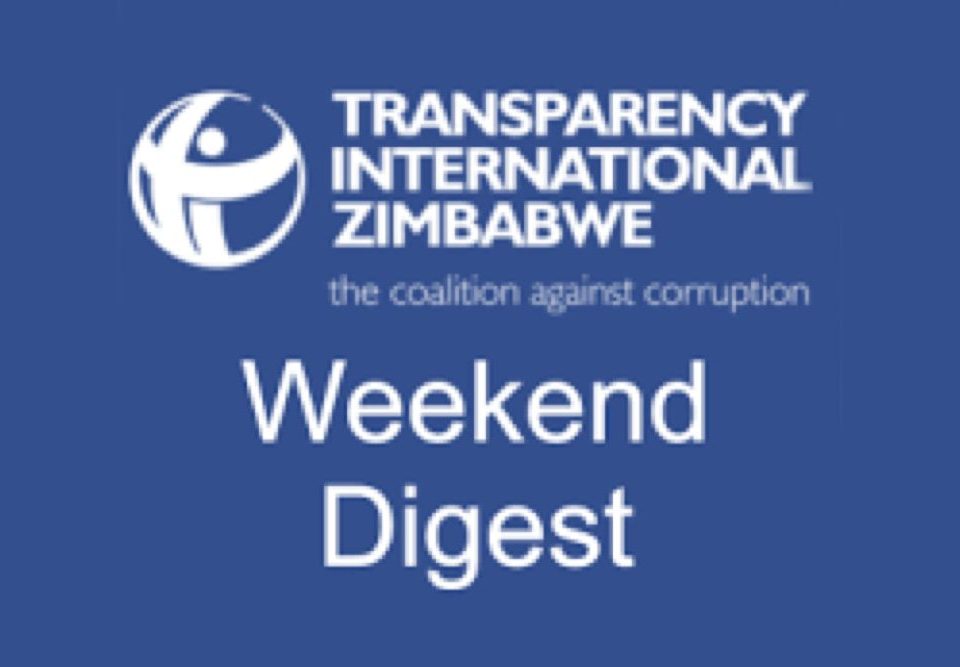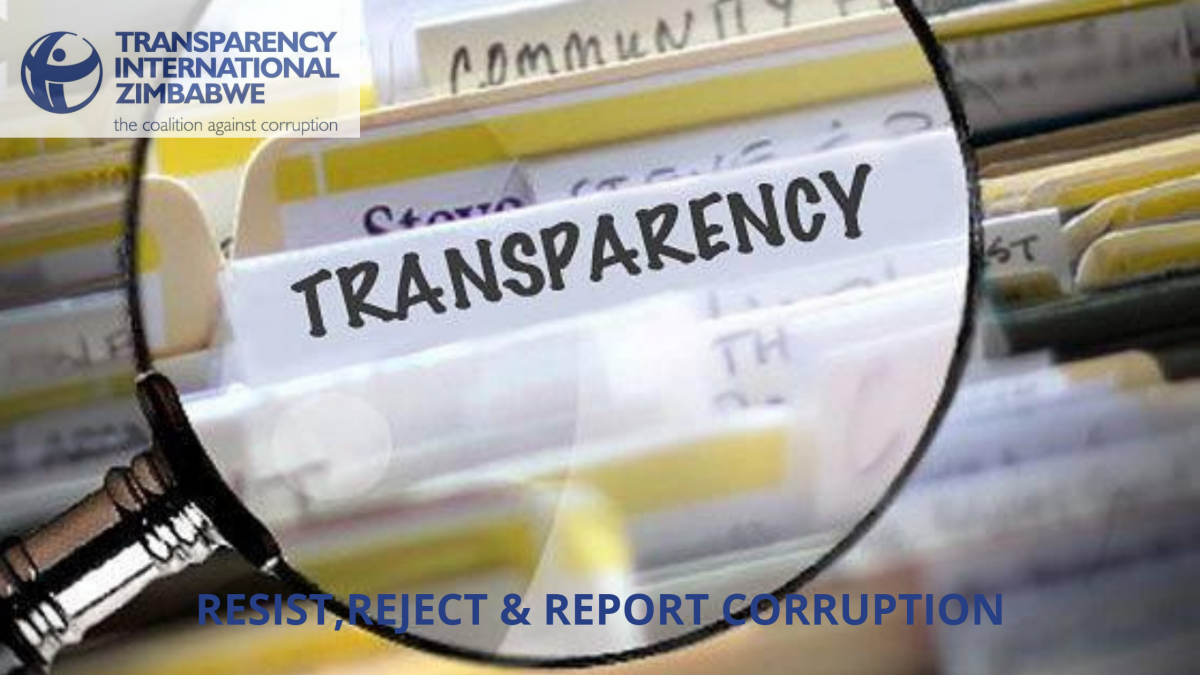
The Pre-Budget Strategy Paper: A Transparency and Accountability Perspective
October 25, 2020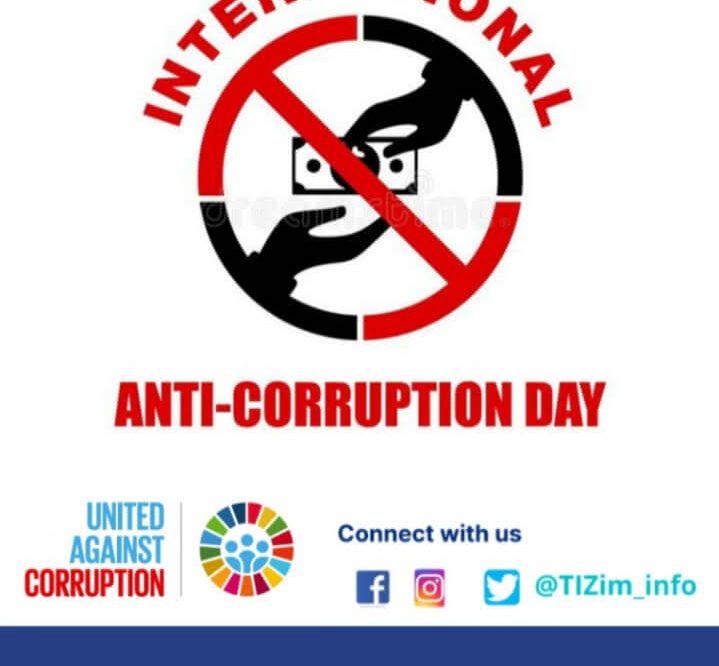
Press Release:- International Anti-Corruption Day
December 9, 2020Introduction
The Constitution of Zimbabwe Amendment (No.20) Act, 2013, recognises gender equality. Section 56(2) specifically states that women and men have the right to equal treatment, including the right to equal opportunities in political, economic, cultural, and social spheres. However, corruption defined as the abuse of entrusted power for private gain has affected progress made to date towards striving for gender equality in Zimbabwe. For example, the United Nations Development Programme (UNDP-HDI 2019) ranks Zimbabwe in the Gender Inequality Index (GII) at 126 out of 162 countries. Structural and institutional barriers such as patriarchal systems, formal and informal political systems and general cultural perceptions continue to widen the gap between men and women, thus contributing to a difference in impact. This has promoted the feminisation of the anti-corruption discourse and a general call for women to be active in democratic processes as one of the options to curb corruption. It is against this backdrop that this week’s Weekend Digest seeks to bring to the fore the importance of interrogating corruption using a gender lens in Zimbabwe. For the full article kindly read the pdf document attached.
